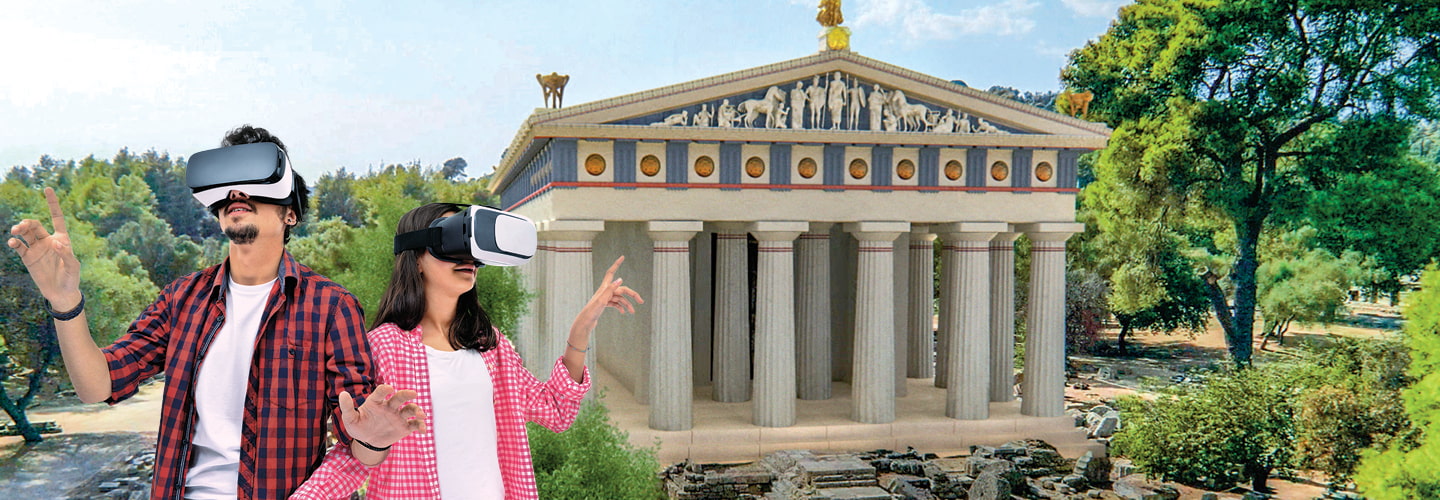People all over the world can now get a glimpse of Greek history without leaving home. Microsoft and the Greek government have partnered to digitally preserve the city of Olympia—the original home of the Olympic Games—so anyone can virtually experience how it looked in its heyday more than 2,000 years ago. Using exhaustive archaeological research and thousands of current photos, experts were able to re-create 27 ancient monuments in painstaking detail, including the Olympic Stadium and the temples of Zeus and Hera. Visitors can view the sites online, through an immersive augmented-reality app, or at a special exhibit at the Athens Olympic Museum. Those involved hope the project will encourage people to learn more about the past and ensure that the details are passed down to future generations. “The cultural implications of this technology are endless,” Greek Prime Minister Kyriakos Mitsotakis told the BBC. “For the first time, visitors from around the world can virtually visit the birthplace of democracy, the ancient site of Olympia, and experience history firsthand.”

VR headsets are helping bring ancient Greek monuments to life. Courtesy of Microsoft (Greece); hocus-focus/Getty Images (VR Headsets)
Text-to-Speech
